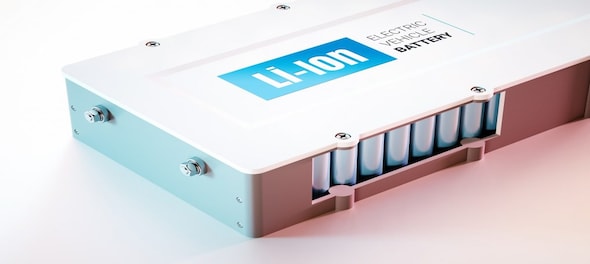
Electric vehicles (EVs) were once relegated as ‘gimmicky-vehicles’ used by the most ardent environmentalists. But the threat of climate change has quickly changed the perception around EVs. The incredible success of EV manufacturers like Tesla, BYD Co., Gogoro and more and the entry of automobile giants in the battery EV space have catapulted the adoption of EVs across the globe.
Now that the world is driving EVs, should you buy a vehicle that has to be parked to charge or the one where you have to swap your discharged battery with a charged one?
The modular battery swapping system is a technique wherein discharged car batteries are swapped with fully charged ones. The system replaces the other traditional method of battery charging. Proponents of battery swapping add that such systems can have a number of significant advantages over traditional recharging battery setups.
Firstly, battery swapping can almost completely eliminate longer recharging times, and also extend the range of EVs. As battery swapping essentially acts like refuelling, users of EVs can quickly go to a battery hub, swap batteries and drive out with minimum fuss. Battery swapping also increases the effective range of an EV, since a user can carry extra batteries and swap them as needed.
Other purported benefits include better use of land since battery swapping stations take only a fraction of the land in comparison to traditional recharging stations while serving just as many or more vehicles, and reduction in cost of EVs as batteries are now leased out separately.
Battery swapping also improves battery efficiency for vehicles that are using smaller batteries of 2W or 3W and lower. Such smaller batteries are often found in two-wheelers and smaller cars in a modular form.
Companies like Taiwan-based Gogoro have already established a successful model of business using the battery swapping network. Gogoro has been serving 3.75 lakh riders in Taiwan. It has also set up more than 2,000 battery charging/swapping points that handle over 2.65 lakh battery swaps every day. The company has also partnered with other global partners like Yamaha, PGO, and A-Motors to introduce electric bikes and scooters all across the world that can also use the battery swapping system.
Earlier in the year, the company announced that it was partnering with the world's top two-wheel vehicle maker, Hero MotoCorp, to roll out battery swapping in India, and scooters to develop new EVs for the Indian market.
However, battery swapping is not a panacea. An increasing number of companies and governments are looking to DC electricity-based “supercharging/hypercharging” systems that can charge vehicles within minutes. Additionally, with increased investment into R&D, automobile manufacturers are also slowly coming out with newer generation of EVs that far surpass the range limitations of current EVs.



